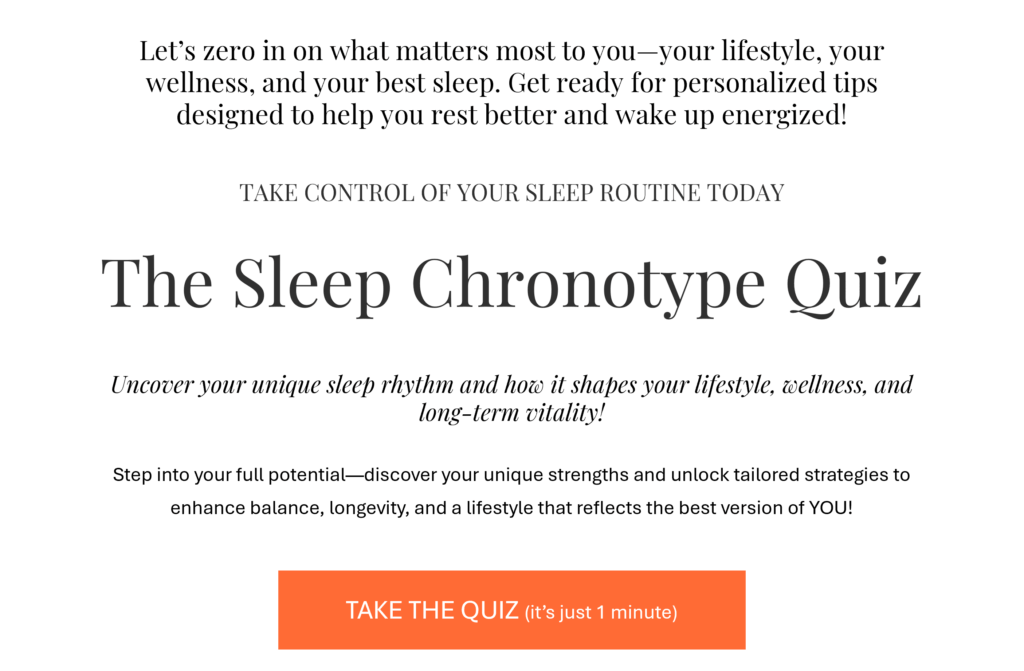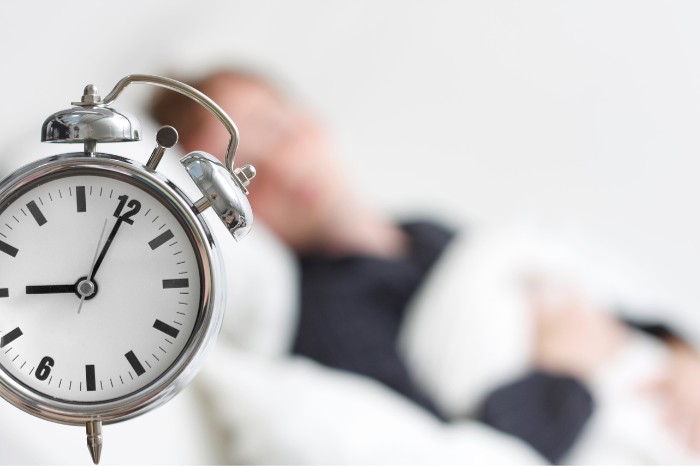We’ve all had those nights of tossing and turning, but when poor sleep becomes a pattern, the impact is deeper than just feeling groggy. Sleep is your body’s most powerful reset button, influencing everything from brain function to metabolism and recovery.
Let’s break down what happens when sleep falls apart – and how movement, nutrition, environment, and routine can turn it around.
Brain Fog, Mood Swings, & Mental Exhaustion
Poor sleep messes with cognitive function, making it harder to focus, process information, and regulate emotions. Ever felt irritable or unusually anxious after a bad night? That’s sleep deprivation at work.
- Memory lapses and slower reaction times
- Heightened stress and emotional imbalance
- Reduced creativity and problem-solving skills
Reset Tip: A structured evening routine can prime the brain for deeper rest. Setting a consistent wind down period with movement, breathwork, and calming nutrition helps prepare the mind for sleep.
Inflammation, Cravings, & Metabolism Disruptions
Lack of sleep throws hormones into chaos – triggering sugar cravings, slowing metabolism, and fueling inflammation. Over time, sleep deprivation can lead to weight gain and compromised immunity.
- Higher cortisol (stress hormone) levels = increased belly fat storage
- Blood sugar instability = stronger cravings for processed foods
- Weakened immune function = more frequent colds & sluggish recovery
Reset Tip: Nutrient timing matters. Balancing blood sugar throughout the day – especially with sleep-supportive foods like magnesium-rich greens, protein, and calming herbal teas – helps set the stage for deeper rest.
Poor Recovery & Performance Struggles
Sleep is when the body repairs itself. Without it, muscles stay stiff, energy levels plummet, and workouts feel harder than they should.
- Slower muscle recovery = soreness that lingers
- Lower endurance & strength = movement feels like a struggle
- Higher risk of injury = weakened coordination and flexibility
Reset Tip: Targeted movement before bed – like gently stretching or breathwork – can help signal the body to wind down. My Sleep Renewal Framework integrates movement as a recovery-enhancer, making it a cornerstone for better sleep.
The Sleep-Sabotaging Environment
Your surroundings matter more than you think. Light exposure, clutter, and even small habits (like checking your phone in bed) can actively block deep sleep.
- Blue light suppresses melatonin, making it harder to feel sleepy
- Temperature and air quality impact sleep depth
- Noise disruptions lead to restless, fragmented sleep
Reset Tip: Optimizing sleep environment is key – adjusting temperature, minimizing light exposure, and creating a restorative sleep space (like blackout curtains and calming scents) makes all the difference.

Ready to Reset Your Sleep?
Sleep affects everything – energy, mood, recovery, and long-term health. If poor sleep has been holding you back, it’s time for a structured reset.
- Rebuild your sleep rhythm with movement, nutrition, environment, and routine
- Uncover the biggest disruptors sabotaging your rest
- Apply simple, science-backed strategies to unlock restorative sleep
- Follow my proven Sleep Renewal Framework – designed for lasting sleep transformation




